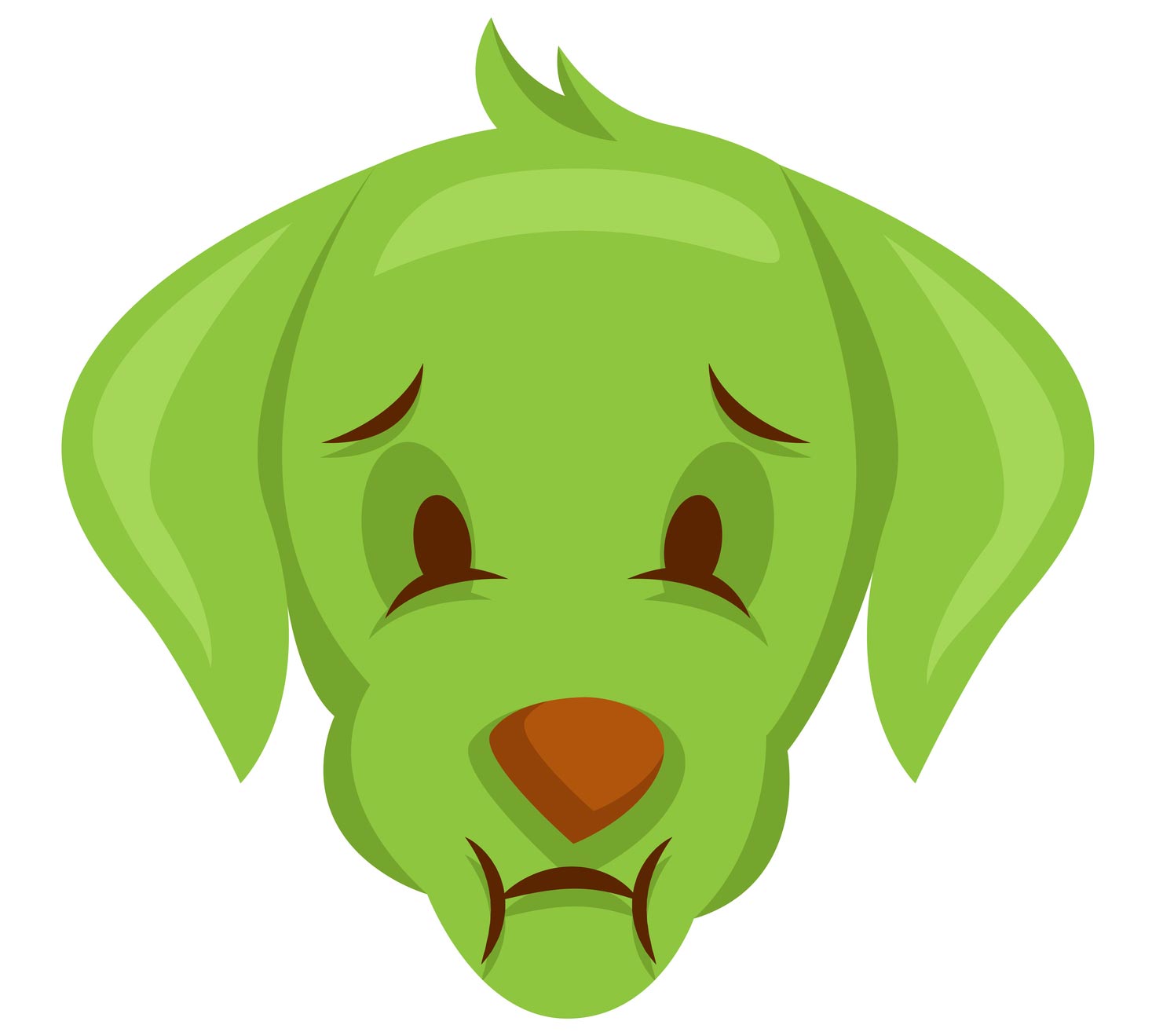Why Does My Dog Vomit Bile?

Bile is a yellow-green substance made in your dog's liver and stored in the gallbladder. It's released into the small intestine when the dog eats, and it helps break down the food so its components can be used by the body.
While dogs can vomit for many reasons, if yours is vomiting bile routinely, you should have him checked out. Below are the common reasons dogs vomit bile.
Empty Stomach Bile Vomiting
When a dog hasn't eaten in a significant period of time, some bile might leak back into the stomach from the small intestine and then the dog can vomit it up. This most commonly occurs in the morning when a dog hasn't eaten since mid-afternoon the day before. These dogs often benefit from having their meals split up into smaller, more frequent ones. Also, make sure he eats at least a few kibbles right before bed and first thing in the morning.
Bile Vomiting from Eating Fatty Food
More bile is released when a dog eats something fatty, so if yours gets into or is given human food containing lots of fat, more bile is released. Some of that bile might leak back into the stomach and be present in vomit.
Dogs that eat foods high in fat are at increased risk of developing pancreatitis, which is a serious, painful inflammation of the pancreas. Avoid giving your dog fatty human foods.
Grass and Water Can Cause Bilious Vomit
Dogs that eat a bunch of grass or drink a large amount of water all at once might then vomit, and bile is often present in such vomitus. That's because the big ingestion caused the release of bile in the small intestine, but there was no real food there to digest, so some of the bile leaked back into the stomach.
Try to keep your dog from gulping copious amounts of water down, especially on an empty stomach.
Bile is irritating and even damaging to the stomach and esophagus, so if your dog is vomiting bile, he needs to be checked out and treated.
Intestinal Disorders
Conditions that cause inflammation and decreased efficiency of the GI tract, including intestinal parasites, ulcers, food allergies, foreign body obstruction, and cancer, can cause bilious vomit.
This is an important reason why dogs that routinely vomit, with or without bile, should be checked out by a veterinarian. The earlier these conditions are caught, the more manageable they are.
Liver Disease
Liver conditions can result in bile being present in a dog's vomit. When this is the case, there are often other signs of illness present as well, like lethargy and decreased appetite.
You May Also Like These Articles:
Why Does My Dog Bring Up Food After Eating?
Parvo: What You Need to Know About Parvovirus in Dogs
Disclaimer: This website is not intended to replace professional consultation, diagnosis, or treatment by a licensed veterinarian. If you require any veterinary related advice, contact your veterinarian promptly. Information at DogHealth.com is exclusively of a general reference nature. Do not disregard veterinary advice or delay treatment as a result of accessing information at this site. Just Answer is an external service not affiliated with DogHealth.com.


